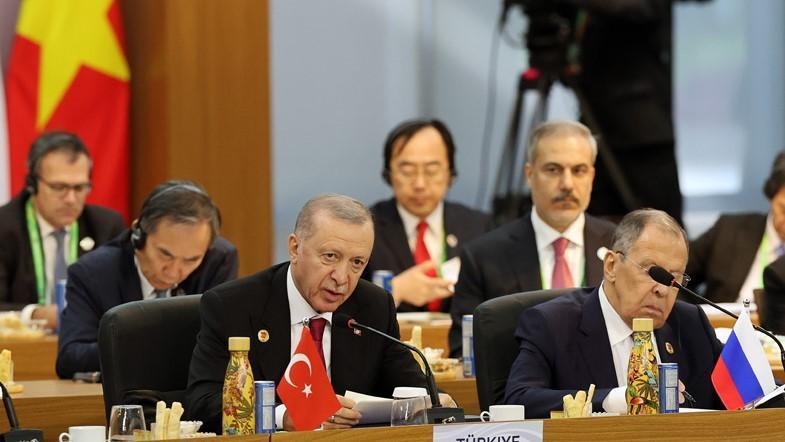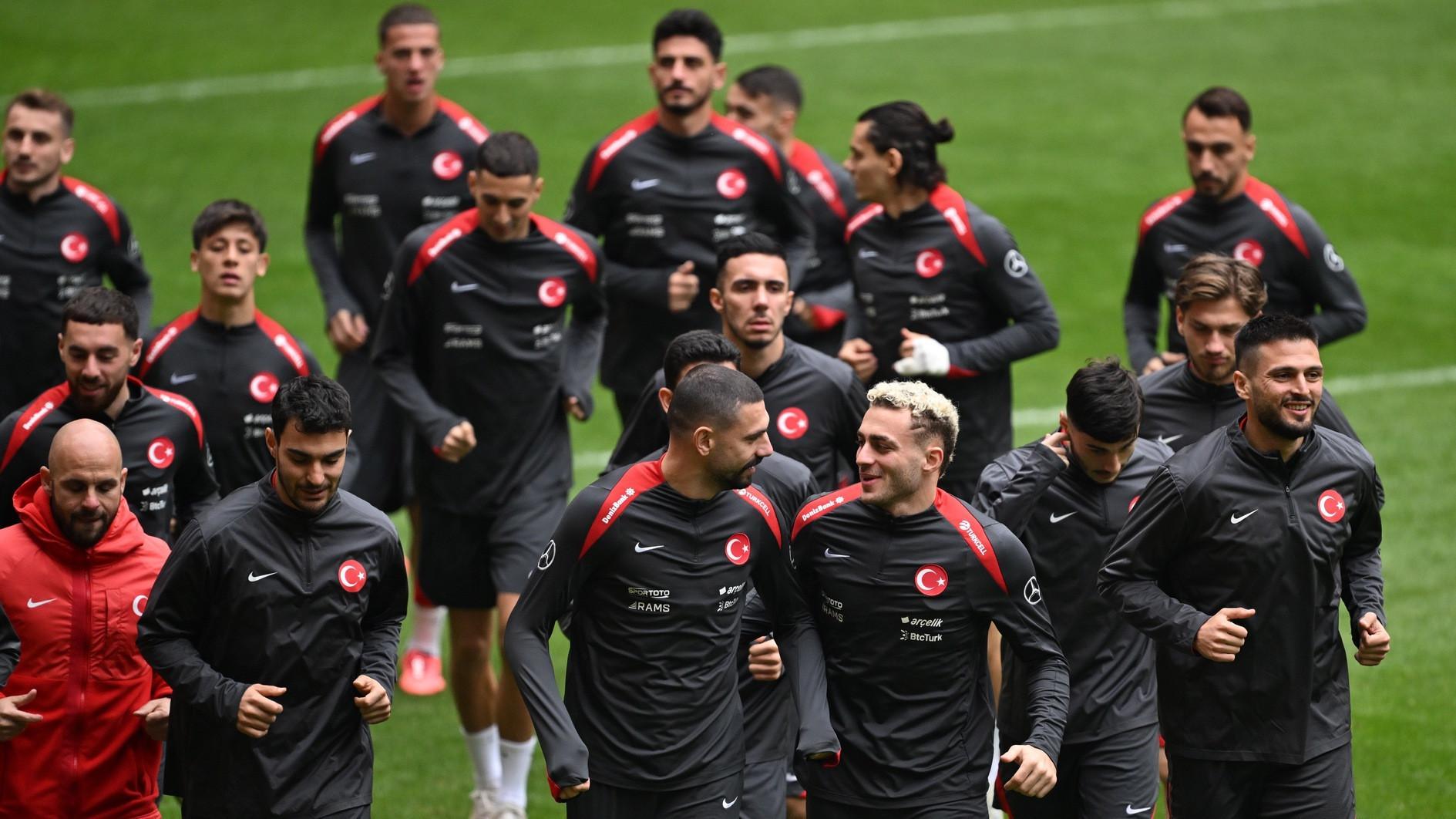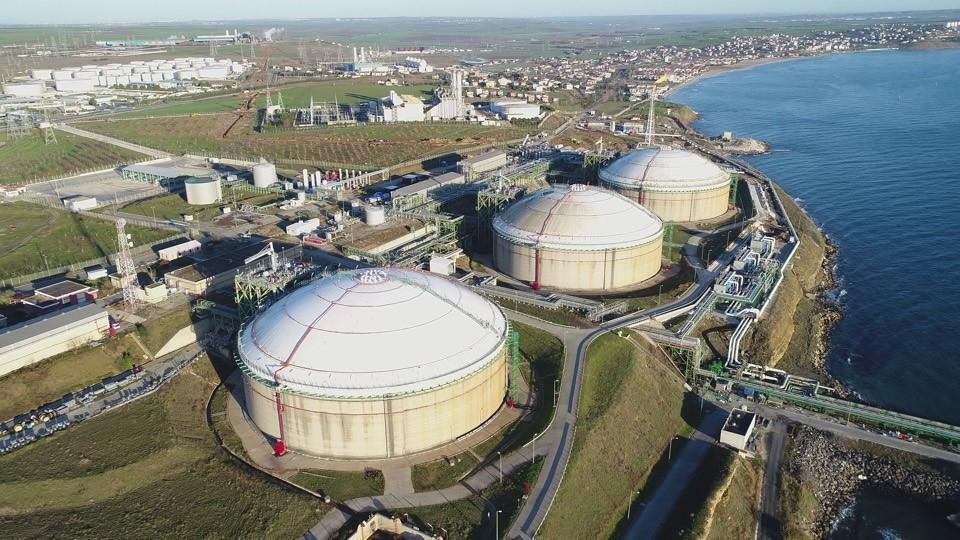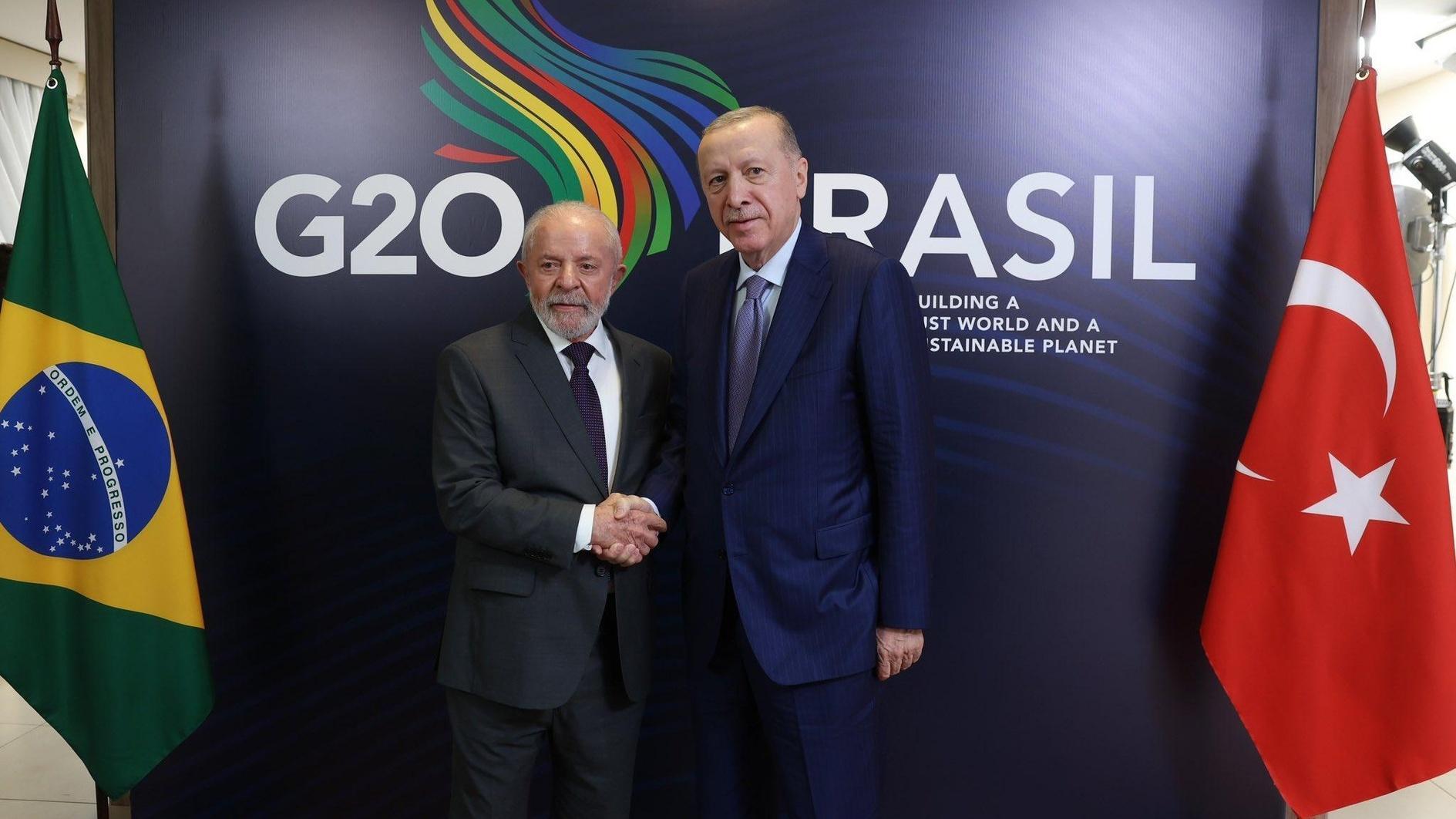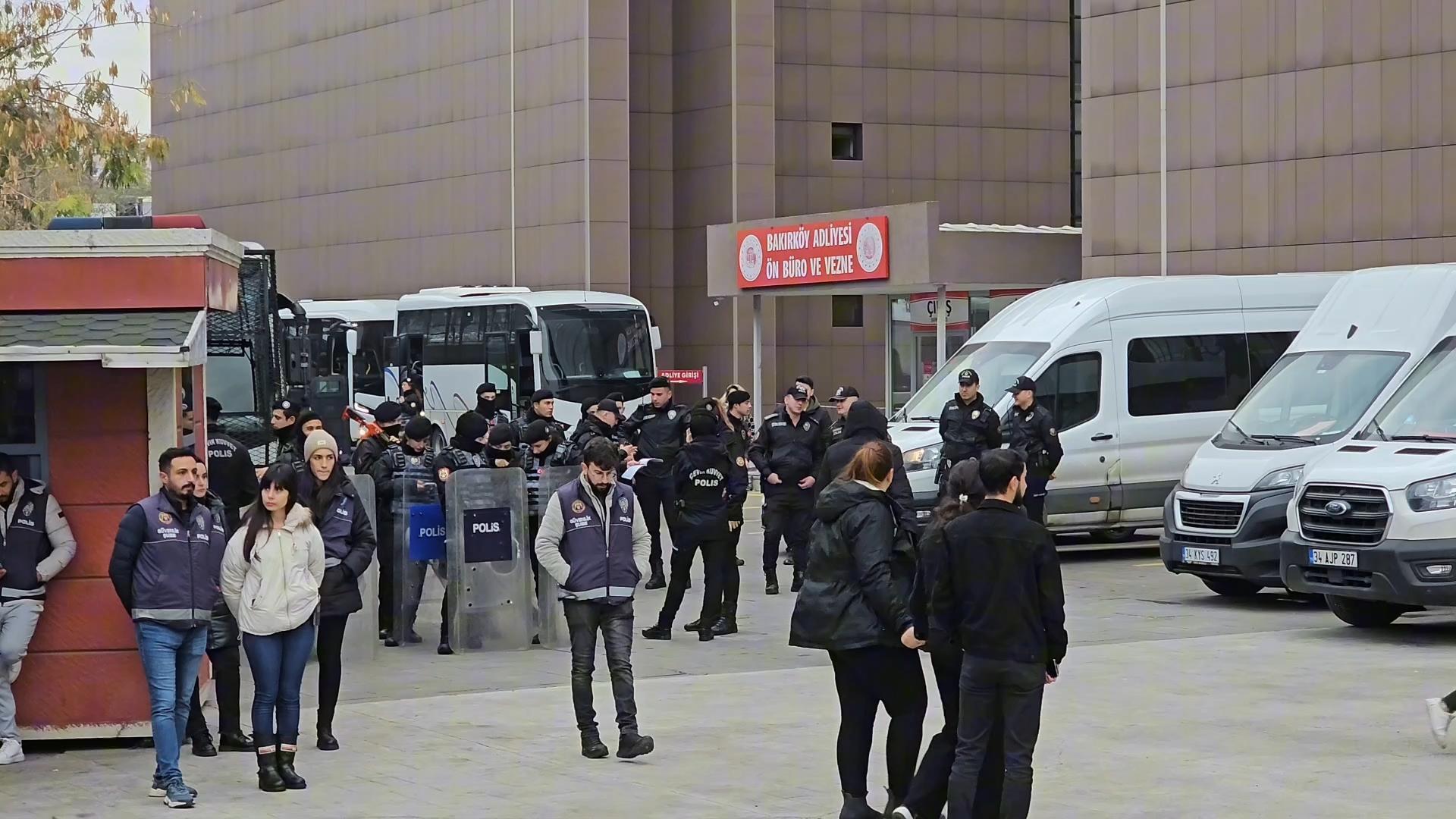Arab tourists in Yalova Indians in Cappadocia
YALOVA - Anatolia News Agency

There has been a serious increase in the number of Arab tourists in Yalova. AA Photo
Facilities in the northwestern province of Yalova, one of the popular places for spa and sea tourism in Turkey, are drawing interest from Arab tourists amid the opening of an Indian restaurant in Cappadocia to meet the needs of Indian tourists, whose number increased by 22 percent in the region recently.Cappadocia, which is famous for its fairy chimneys and is visited by 2.5 million tourists annually, has drawn the focus of Indian tourists in recent years. In response to this interest, a hotel in the region has opened an Indian restaurant for Indian guests, who have difficulty finding food to eat because of religious restrictions.
Stating that the restaurant was located in a cave, manager Tahsin Topuzkaya said Indian cuisine was rich and difficult. “Indians have a big share in the region’s tourism potential. This is why we have prepared a concept to serve their own dishes to these tourists. Their faith and culture limit their eating alternatives. We offer them their own traditional dishes.”
Topuzkaya said they had also transferred two chefs from India after detailed research and development work. “There are 24 types of spices in Indian cuisine. We also bring them from India.
Turkish tourism officials know that it is hard to make Indian tourists pleased. But they become very happy when they see their traditional dishes in our restaurant.”
Yalova popular among Arabs
The mayor of Yalova’s Termal district, İsmail Atik, said they expected a big increase in the number of local and foreign tourists this season. He said nearly 90 percent of local tourists were from Istanbul, Kocaeli and Bursa and that foreign tourists mostly came from Arab countries, including the United Arab Emirates, Saudi Arabia, Kuwait and Qatar.
Atik said that with the implementation of the law relating to the sale of real estate to foreigners, the real estate market had stirred in the district. “Foreign people can buy real estate here. With the new law, the investments and real estate market is now more activated. There are building complexes built by Arabs collectively. Local investors who have relations with the Middle East, bring together Arabs and get them to own a common real estate here. As well as hotel and building complex investments, they buy many real estates and plots of land. We were helping only one or two Arab investors in a week in the past, but now but we help three-four Arabs a day. We give them information.”
Economic contributions
Atik said that two big building complexes were currently being constructed in the district, adding that they were very pleased with the interest of Arabs in the region.
“There has been a serious increase in the number of Arab tourists in winter months for three years. They stayed for 179,000 nights in 2011 and 530,000 nights in 2012. Our goal in 2013 is 1 million Arab tourists. The data of the first three months show us that we can reach this goal. A mini Arab world is being created in Termal. We have an Arab neighborhood which was formed in the 1980s. The neighborhood is completely home to Arabs. We have an Arab mosque, as well as newly established building sites and hotels.”
The mayor said nearly 180,000 Arab tourists had been accommodated in the district last year. “We estimated that this figure will be two-fold this year and reach 350,000 this year,” he said.
Atik said Arab tourists had also made economic contributions to the district compared to other tourists.
“European tourists take holidays with two people at most and their spending is very low. But Arab tourists come with at least seven people, including their baby sitters. This number increases to 30 to 40 people in some families with their relatives. An Arab family equals four or five European families.”


